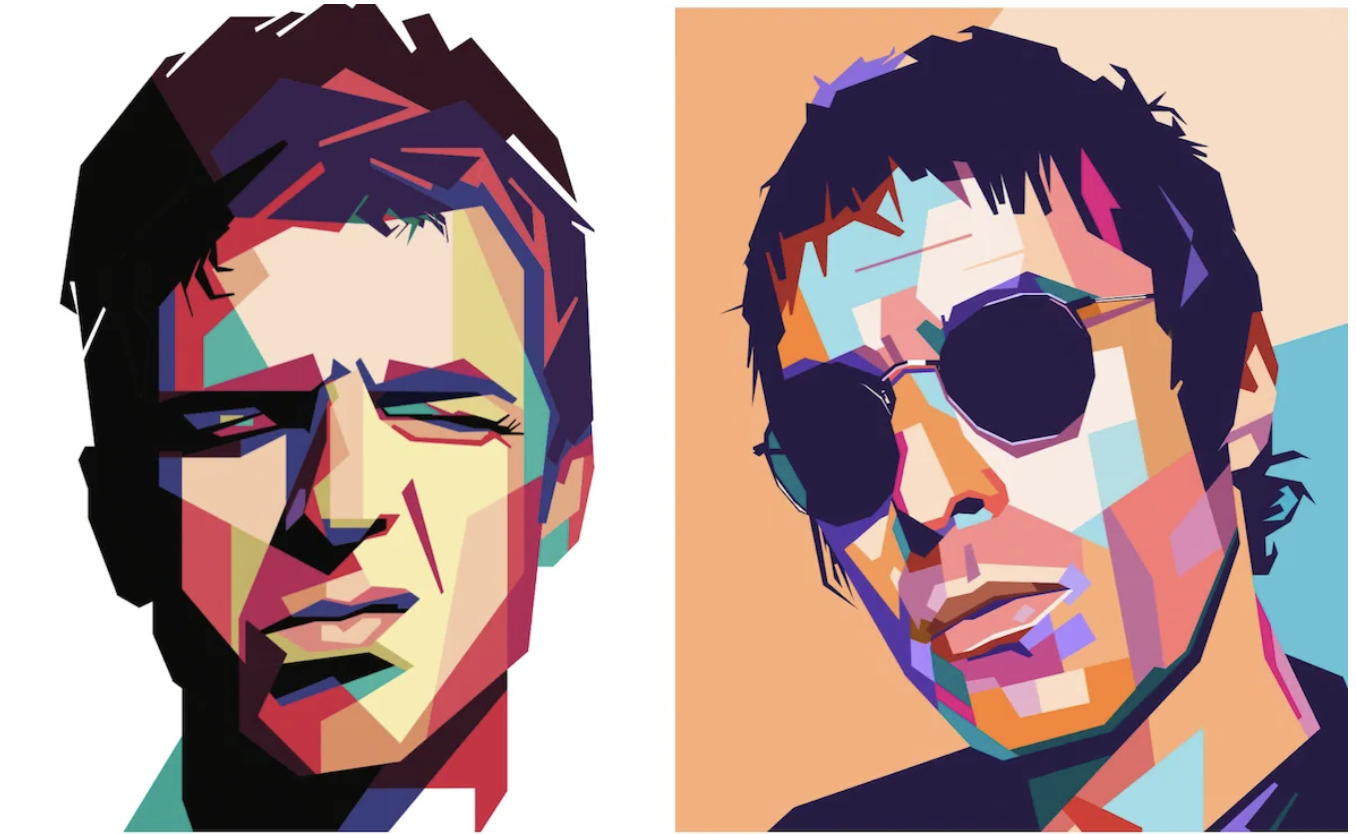Now Playing
Current DJ: Commodore Jones
Captain Beefheart & His Magic Band Bills Corpse from Trout Mask Replica (Straight) Add to Collection
Requests? 773-DJ-SONGS or .(JavaScript must be enabled to view this email address)
by Andy Frye
 If you follow music at all, you have heard the news: Oasis are back together. With concert dates next summer scheduled in London, Cardiff, Dublin, and other locations, tickets across the pond are selling fast. Is there new material? Supposedly, there is an album in the works. In related news, Liam Gallagher says his brother Noel is no longer a "potato."
If you follow music at all, you have heard the news: Oasis are back together. With concert dates next summer scheduled in London, Cardiff, Dublin, and other locations, tickets across the pond are selling fast. Is there new material? Supposedly, there is an album in the works. In related news, Liam Gallagher says his brother Noel is no longer a "potato."
Why reform Oasis now? Some might say… It's all about the money. Either way, many of us who dug in hard to their first two albums a quarter-century ago are celebrating. To others, the band is still—to say the least—a little polarizing.
Looking back, what appears to irk people most about Oasis, at least in the U.S., is both about the music—and not about the music. Some of the dislike of the band is more about the two brothers' personalities. Or—at least back then in the '90s—the size of their footprint on music.
But with the more prominent bands from the 1990s it seems to come with the territory. Ask anyone on the street about one of the most popular acts of the decade—not Nirvana, but the Dave Matthews Band and you'll surely get different reactions. Some consider DMB not much different from smooth jazz (something about which we all have a pointed opinion.) There are strong opinions about Green Day, Alanis Morrissette, and the Red Hot Chili Peppers. Like them or not, each artist was an essential part of the late 20th-century musical ecosystem.
I remember once a friend of mine from home who is a diehard Genesis fan once called Oasis “friggin’ losers” while hinting that the attitudes of Liam Gallagher formed his opinion. Firing back at my friend Mike, I reminded him that one good thing about Oasis is that they don’t have Phil Collins in their band. Still, many of the complaints about Oasis, if you called them that, were of this tone:
During the mid-1990s, British media asked the band a lot of questions about this. Do you think you sound like the Beatles? Why do you sound like the Beatles? Are you better than the Beatles? (Yes, these were questions from paid, full-time music journalists, not bloggers.) So you can't blame one member of the band or another for getting snarky at some point and saying, "Yes, we're better than the Beatles."
VIDEO: Cigarettes & Alcohol, a song not by the Beatles.
Oddly, nobody bemoans that Ed Sheeran sounds like—or, more correctly, tries to sound like—Marvin Gaye. Or that the average Ed Sheeran die-hard probably doesn't know who Marvin Gaye is. Maybe it's time to let the Oasis/Beatles thing go.
New Sound or Old News?
Speaking of styles and influences, and ultimately who our favorite artists sound like, we should look at the first Oasis album, 1994's Definitely Maybe, as much as the more well-known second album (What’s The Story) Morning Glory?
I remember buying Definitely Maybe one week after I bought Morning Glory, surprised then that the debut album sounded brash, and was crafted with a dose of Sex Pistols, T. Rex, and a hint of AC/DC guitar, without any chart-topping undertones.
Songs like "Cigarettes and Alcohol" and "Rock and Roll Star" stand out as great live tunes boiled down for studio production. At the same time, the third track, "Live Forever," makes for a natural anthem that sounds both bold and effortless. It sounds like a song you know, even if you’ve never heard it before. Either that’s some trickery by the band and songwriter, or it’s genius. Whether or not Oasis has more anthems in them to put onto a new album—we'll have to wait and see.
But when they first hit the scene, one thing that was exciting about Oasis was their way of revolutionizing rock music by bringing back the best of old sounds along with some rock ’n’ roll attitude. Meanwhile, their 1990s musical contemporaries—the U.K.’s shoegazers, and the ever-shy Radioheads and Robert Smiths of the world—shunned media (sometimes) and the rock ’n’ roll lifestyle (supposedly) like hermits or poets would.
A few decades on, one thing is clear, whether you’re a fan of Oasis or not. It’s that their music is best left simply listened to and enjoyed—if it's your thing. Overanalyzing the context or intentions of the band only makes you miss the fun.
Next entry: CHIRP Radio Weekly Voyages (Sep 16 - Sep 22)
Previous entry: CHIRP Radio Weekly Voyages (Sep 9 - Sep 15)